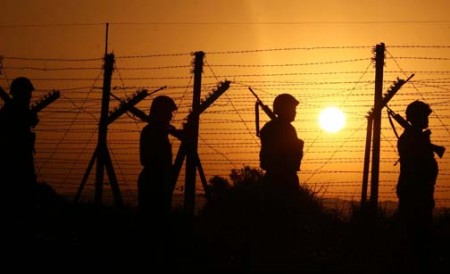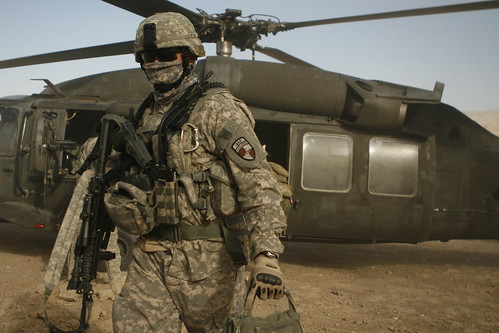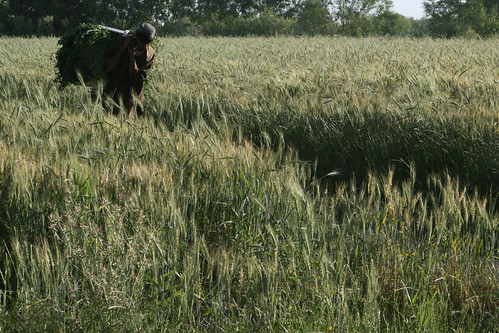
Editor’s note: This article was originally published by openSecurity on 27 March 2014.
There is increasing anxiety among stakeholders as US forces prepare for a drawdown in Afghanistan by the end of 2014. The international community, including the United States, is still groping in the dark when it comes to Afghanistan’s future. As such, they have somewhat ignored India, which, in fact, will be pivotal in solving the Afghan dilemma. Instead, the west and regional stakeholders have focussed on Pakistan as the major player in post-2014 Afghanistan.
Pakistan has been accused of supporting the Afghan Taliban and of providing sanctuary to them inside Pakistan in order to maintain strategic depth and influence within Afghanistan. Furthermore, Pakistan has been charged with supporting the Afghan Taliban and their affiliate, the Haqqani network, in order to counter India in Afghanistan, as well as of sending militant groups such as Laskhar-e-Taiba into Indian-administered Kashmir. Pakistan has denied these accusations.



